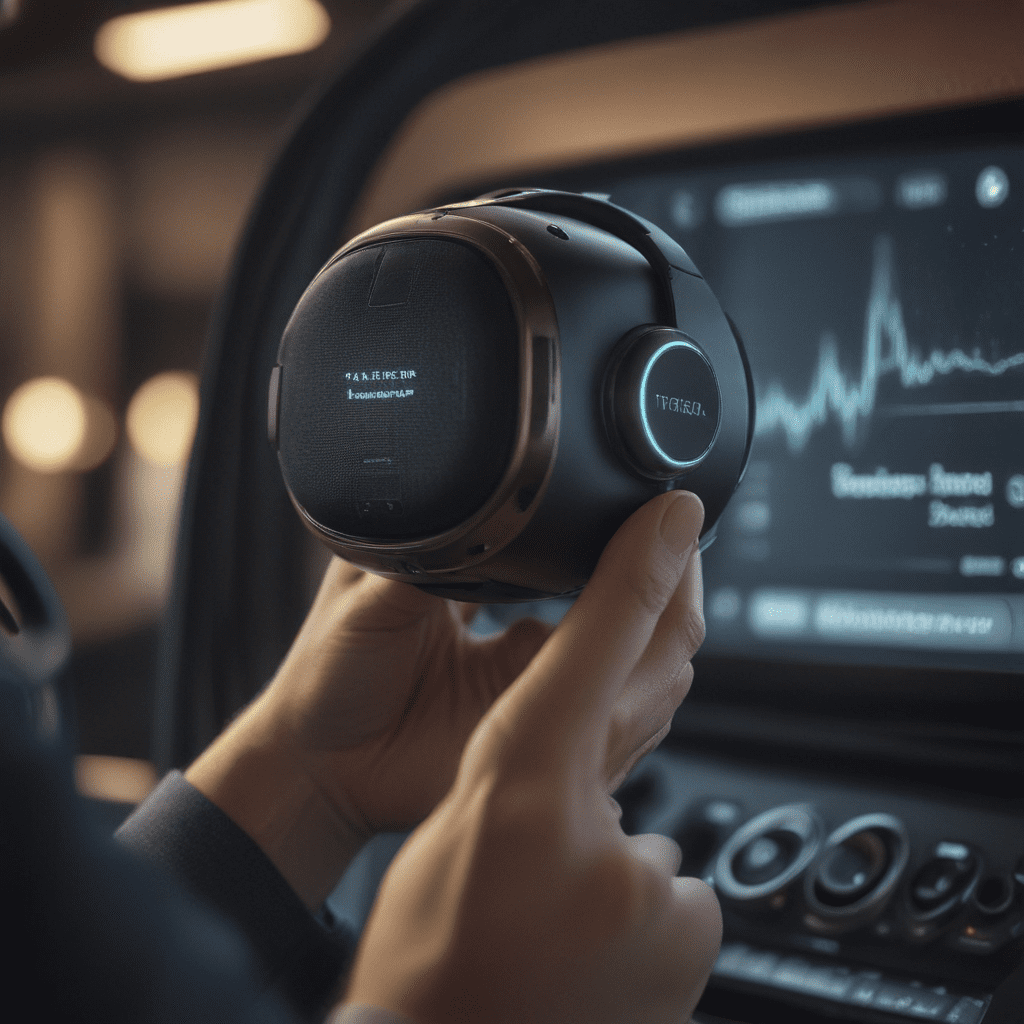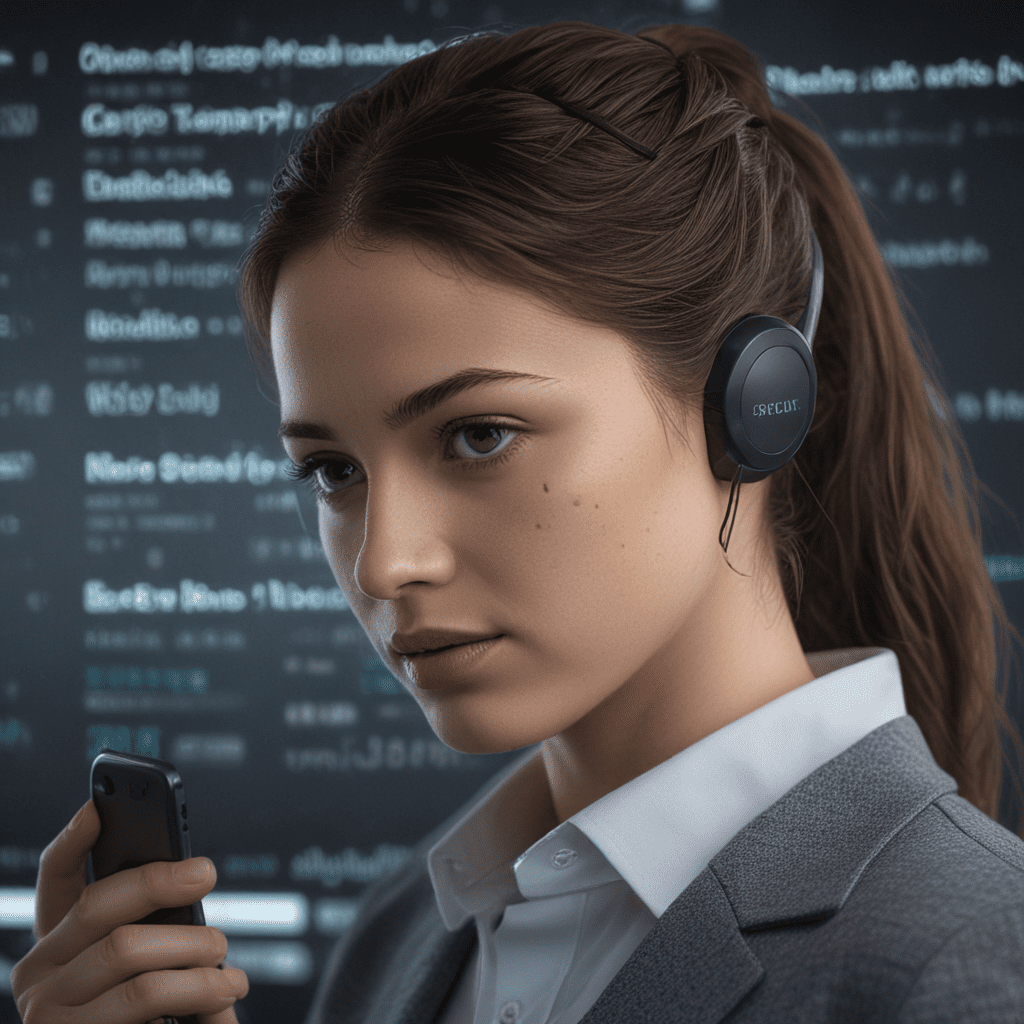Enhancing Accessibility with Voice Search Technology
Introduction
The rapid advancement of technology has brought about a paradigm shift in the way we interact with information and services. Voice search technology has emerged as a transformative tool that is revolutionizing accessibility for individuals with disabilities, language barriers, and cognitive impairments. This technology empowers people to access information, control devices, and complete tasks using only their voices, fostering greater independence and inclusivity.
What is Voice Search Technology?
Voice search technology is a software-based system that allows users to interact with devices and applications using spoken commands. It employs advanced speech recognition algorithms to convert spoken words into text, enabling users to perform various tasks hands-free. Voice search technology is integrated into a wide range of devices, including smartphones, tablets, smart speakers, and automobiles.
Benefits of Voice Search Technology for Accessibility
Voice search technology offers numerous benefits for individuals with disabilities. For people with visual impairments, it provides an alternative way to access information that may not be available in accessible formats. For individuals with mobility impairments, voice search technology allows them to control devices and complete tasks without the need for physical interaction. Additionally, voice search technology can assist individuals with cognitive impairments by providing a simplified and intuitive way to interact with devices and access information.
Use Cases of Voice Search Technology for Accessibility
Voice search technology has a wide range of applications for individuals with disabilities. It can be used for:
- Accessing information: People with visual impairments can use voice search to access text-based information, such as articles, news, and research papers. They can also use it to find specific information on websites, such as contact details or product descriptions.
- Controlling devices: Individuals with mobility impairments can use voice search to control smart home devices, such as lights, thermostats, and appliances. They can also use it to control their TV, music player, and other electronic devices.
- Completing tasks: People with cognitive impairments can use voice search to complete tasks, such as setting reminders, making appointments, and sending emails. They can also use it to get directions, find local businesses, and access other information.
Challenges and Future Directions
While voice search technology has made significant advancements in accessibility, there are still some challenges that need to be addressed. These include:
- Accuracy: Speech recognition algorithms are not always perfect, and this can lead to errors when using voice search.
- Privacy: Voice search technology requires access to a user's voice recordings, which raises concerns about privacy.
- Cost: Voice-activated devices can be expensive, which may limit their availability for some individuals with disabilities.
Despite these challenges, the future of voice search technology for accessibility is promising. Researchers are working to improve the accuracy of speech recognition algorithms, and new technologies are being developed to address privacy concerns. Additionally, the cost of voice-activated devices is expected to decrease over time, making them more accessible to a wider range of individuals.
Conclusion
Voice search technology has the potential to revolutionize accessibility for individuals with disabilities. It provides a convenient and hands-free way to access information, control devices, and complete tasks. While there are still some challenges that need to be addressed, the future of voice search technology for accessibility is bright. With continued research and development, voice search technology will become even more accurate, affordable, and accessible, empowering individuals with disabilities to live more independent and fulfilling lives.
Frequently Asked Questions
Q: Is voice search technology accurate?
A: The accuracy of voice search technology has improved significantly in recent years, but it is still not perfect. Speech recognition algorithms can sometimes make mistakes, especially in noisy environments or when a user has an accent.
Q: Is voice search technology private?
A: Voice search technology requires access to a user's voice recordings, which raises concerns about privacy. However, most voice search providers have privacy policies in place to protect user data.
Q: How much does voice search technology cost?
A: The cost of voice-activated devices varies depending on the features and capabilities of the device. However, the cost of these devices is expected to decrease over time.
Q: What are the benefits of voice search technology for people with disabilities?
A: Voice search technology offers many benefits for people with disabilities, including:
- Accessing information that may not be available in accessible formats
- Controlling devices and completing tasks without the need for physical interaction
- Providing a simplified and intuitive way to interact with devices and access information

